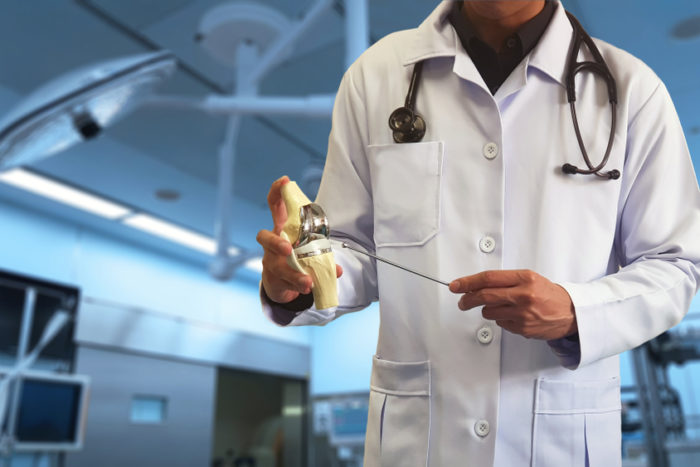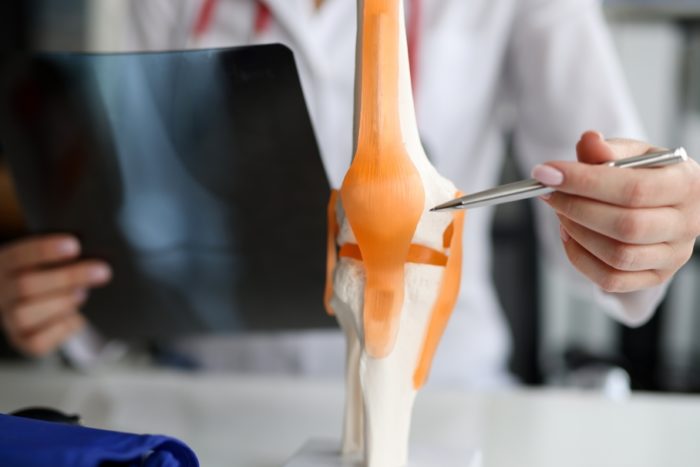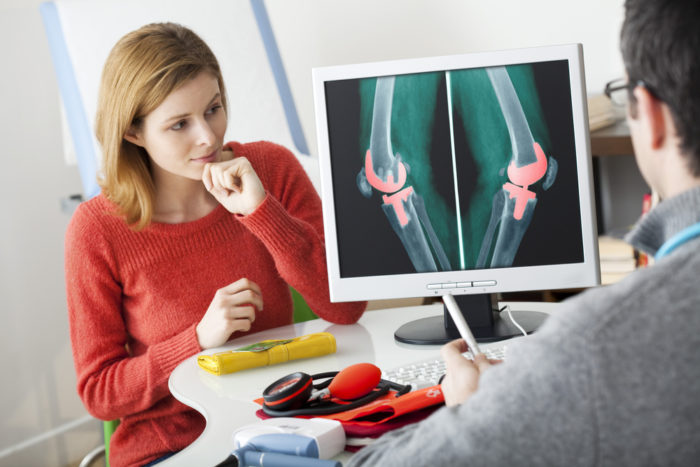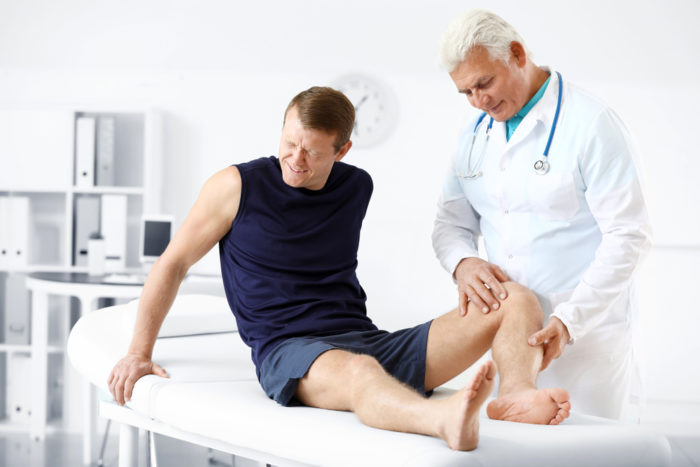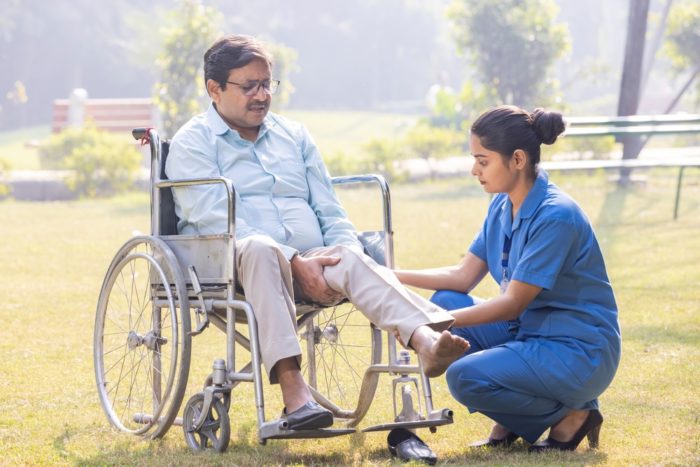After a knee replacement, running is not typically recommended as a high-impact activity like running can place significant stress on the new knee joint and the implant. Running involves repetitive pounding and jarring movements that may accelerate wear and tear…
The complexity of joint replacement surgeries can vary depending on several factors, including the specific joint being replaced, the patient's individual condition, the surgeon's expertise, and any associated complications. While each joint replacement procedure comes with its own challenges, some…
Several joints can be replaced with prostheses to relieve pain and improve joint function. The most common joints that can be replaced include: Hip Joints: Total hip replacement (hip arthroplasty) is a well-established procedure to replace the damaged hip joint…
Yes, in some cases, the body's immune system can react to a joint replacement and cause a condition known as "joint replacement rejection" or "implant rejection." Joint replacement rejection is not the same as organ transplants, where the immune system…
The time it takes to walk generally after knee replacement surgery can vary from person to person, and it depends on several factors, including the individual's overall health, the specific surgical technique used, adherence to post-operative rehabilitation, and the extent…
The decision of whether to replace the knee or hip joint first depends on your individual medical condition, the severity of joint pain and dysfunction, and the recommendations of your orthopedic surgeon. If you have significant pain and functional limitations…
A knee replacement is not the only option for bone-on-bone patients, providing relief and slowing the progression of osteoarthritis. Although cartilage can heal, there is no way to reverse the damage already done. Various treatments may be used for this…
The best age to have a knee replacement is not solely determined by a specific numerical age but rather by an individual's unique circumstances, the severity of their knee condition, and how it affects their quality of life. Knee replacement…
After knee replacement surgery, there are certain activities and movements that you should avoid during the initial recovery period and beyond to protect the new joint and promote proper healing. Follow your orthopedic surgeon's specific post-operative guidelines, but some everyday…
Yes, alternatives to joint replacement may be considered based on the severity of the ordinary condition and the individual's overall health. The treatment choice will depend on factors such as the type of joint problem, the extent of joint damage,…

